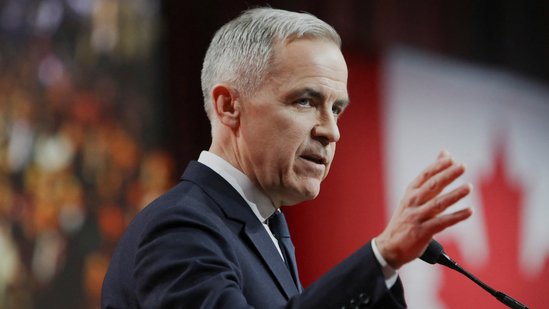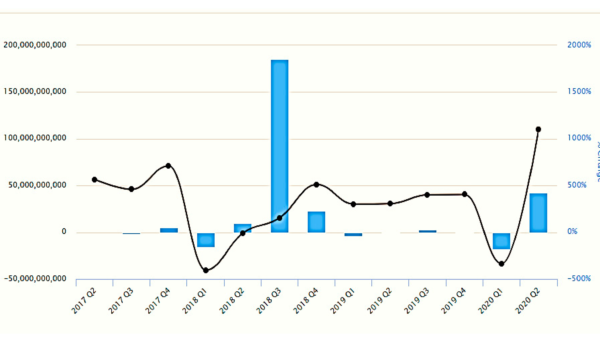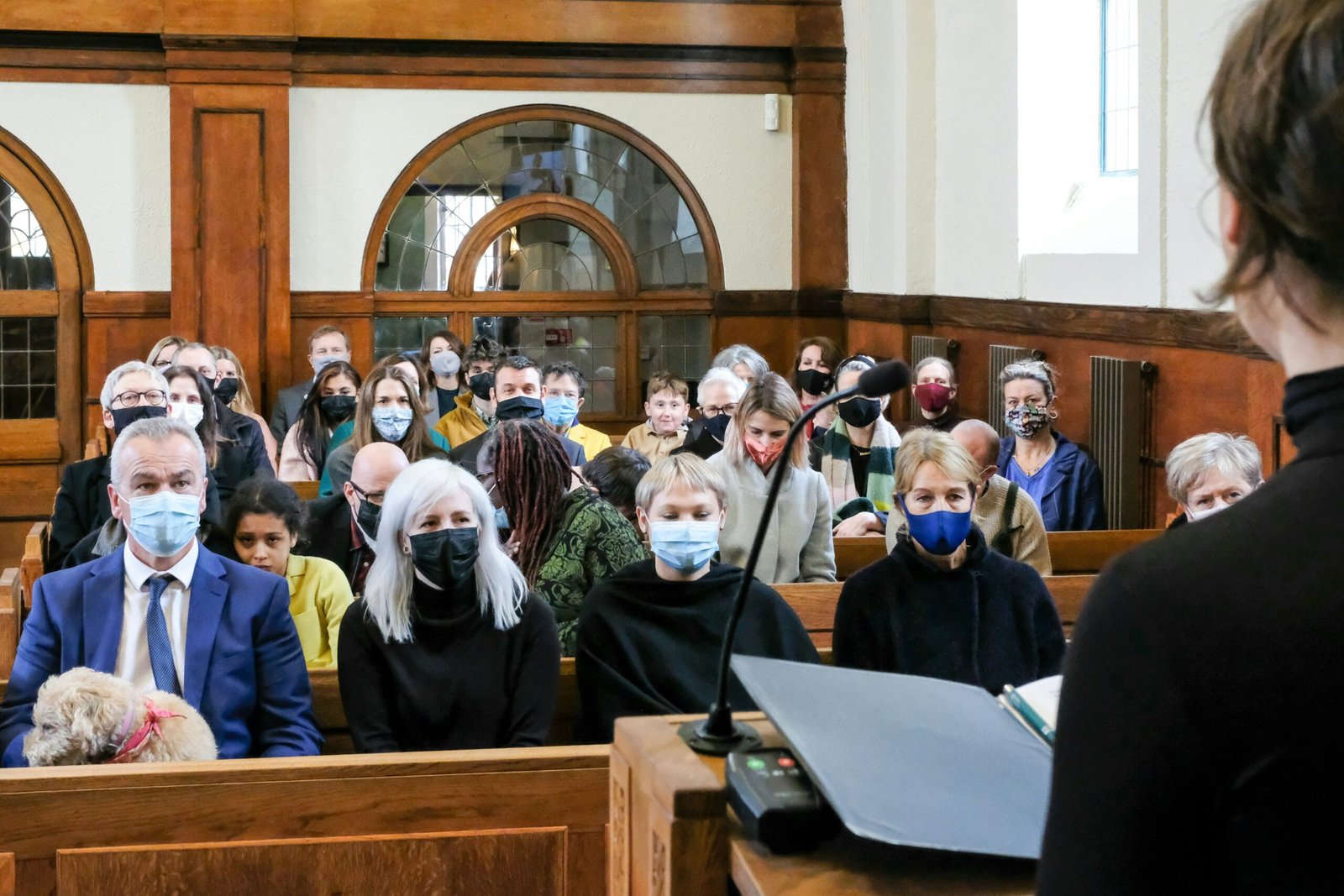California Attorney General Sues ExxonMobil Over Plastic Waste Claims
California Attorney General Rob Bonta has filed a lawsuit against ExxonMobil, accusing the energy giant of misleading the public about the environmental impact of plastics recycling. The lawsuit alleges that ExxonMobil falsely promoted plastic recycling as a sustainable solution while continuing to produce massive amounts of plastic waste. The suit claims the company engaged in greenwashing, deceiving consumers into believing their products are environmentally friendly when, in reality, most plastics are not recycled and end up polluting landfills and oceans.
Allegations of Greenwashing and Environmental Harm
The lawsuit focuses on ExxonMobil’s claims that plastic recycling is a viable and sustainable practice, despite the fact that only a small percentage of plastics are actually recycled. According to the suit, ExxonMobil’s marketing campaigns have portrayed plastic recycling in a misleading way, encouraging consumers to believe they are making environmentally conscious choices. This practice, known as greenwashing, has allowed the company to continue producing vast amounts of single-use plastics while downplaying the environmental harm caused by plastic waste.
Impact on Oceans and Waterways
The state’s case emphasizes the harmful environmental impact of plastic waste, especially in California’s oceans and waterways. According to environmental advocates, plastic pollution is one of the most pressing environmental issues, affecting marine life and ecosystems. The lawsuit argues that ExxonMobil’s misleading statements have exacerbated the problem by preventing consumers from understanding the true scale of the plastic waste crisis. The state seeks to hold the company accountable for contributing to the plastic pollution problem and misleading the public about recycling’s effectiveness.
ExxonMobil’s Denial of Allegations
ExxonMobil has responded to the lawsuit by denying the accusations, stating that the company is actively working on improving recycling technologies and addressing plastic waste. The company claims it has invested in advanced recycling processes and technologies that could significantly improve recycling rates and reduce the environmental impact of plastics. However, critics argue that these efforts are not enough to offset the large-scale production of single-use plastics and that the company continues to contribute to a growing global plastic pollution crisis.
Broader Legal and Environmental Implications
The lawsuit is part of a larger effort by California to hold major corporations accountable for their environmental practices. The state has become a leader in environmental regulation, and this case could set a precedent for future legal actions against companies that engage in deceptive environmental claims. If successful, the lawsuit could push for stricter regulations on plastic production and require companies to take greater responsibility for their environmental impact. It also signals growing pressure on businesses to adopt more sustainable practices and reduce their reliance on plastics.
Conclusion: A Call for Corporate Responsibility
California’s lawsuit against ExxonMobil underscores the increasing scrutiny on corporations regarding their environmental practices. The case highlights the disconnect between corporate marketing and the reality of plastic recycling, drawing attention to the need for more sustainable solutions. As public awareness of plastic pollution grows, this lawsuit could mark a turning point in how major companies are held accountable for their environmental impact. Whether through court rulings or public pressure, the outcome of this case could shape future corporate responsibility in addressing plastic waste.
































